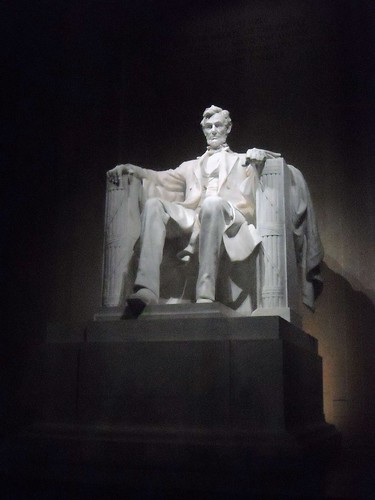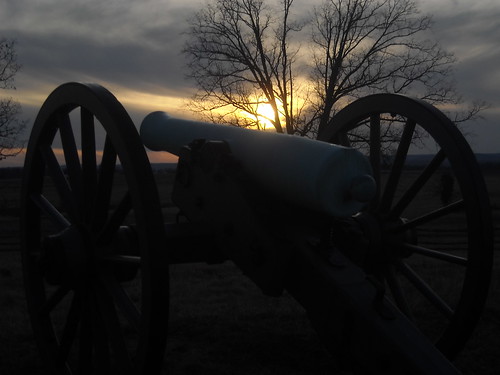Just a quick one today...
Why trust a bunch of dead guys? I know it sounds trite, but it's very important when we begin approaching how we talk about Civil War sites (or any historic site). Oftentimes, the folks who voted the site into existence and decided its primary reason for being are dead and gone. The world has changed radically since they were here. The pieces of legislation they created (at the federal level they're typically called "enabling legislation," at lower levels they have varied other names) were distinct products of their times. The themes and significances they outline are likewise products of their times.
Take the first military parks for example, founded in the 1890s as a place for the War Department to simply preserve and explain the battle lines of the Federal and Confederate armies. America needed unity in the wake of war (we needed unity so desperately, we went to war again just a few years later with Spain and in the Philippines). Discussing the battle tactics and battle lines, focusing on shared valor, ensured that this unity could be forged. But does this land mean the same thing 100 years later, after successive civil rights movements, social upheavals, political realignments and military conflicts which have altered the American views of war?
 |
| I took this photo the morning of the 2009 inauguration. Did the meaning of this simple piece of marble shift somehow that day? |
What are these historic sites and battlefields all about? To me, it has to be about helping visitors find their own personal meaning for the ground beneath their feet. This means that there are no correct resource meanings, only personal resource meanings. My personal meanings for a site are never the only ones I should offer to visitors. A dictatorship of meaning, imposing my views on a visitor, is just as bad as a visitor finding no meanings for a site. In the end, interpretation fails when the visitor is not provoked to think about meaning.
In the end, enabling legislation is not sacrosanct. Only the Visitor is Sovereign. The meanings they find for our battlefields are the only ones that matter. It's about how a modern audience finds these places useful and meaningful. Anything else doesn't really matter.

No comments:
Post a Comment